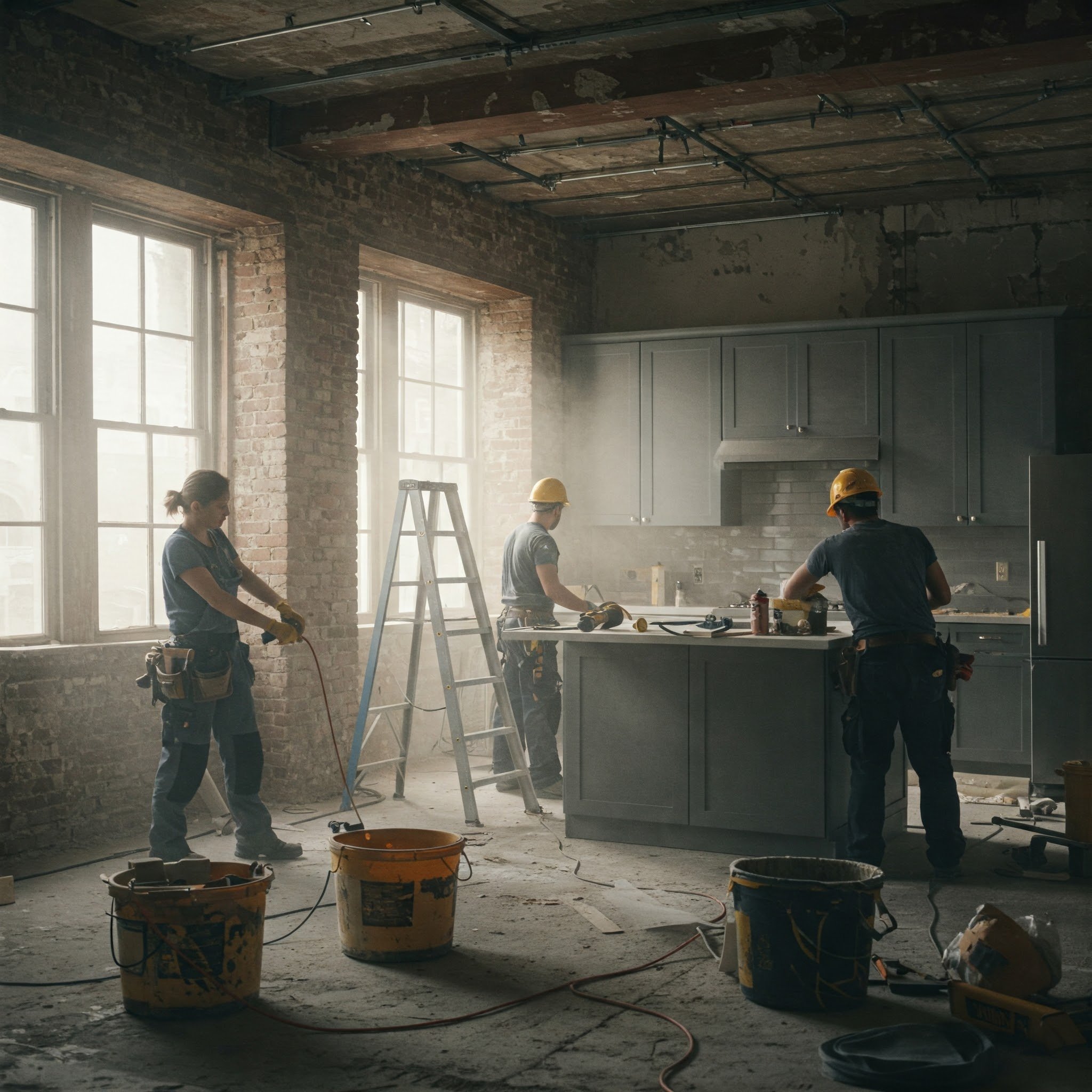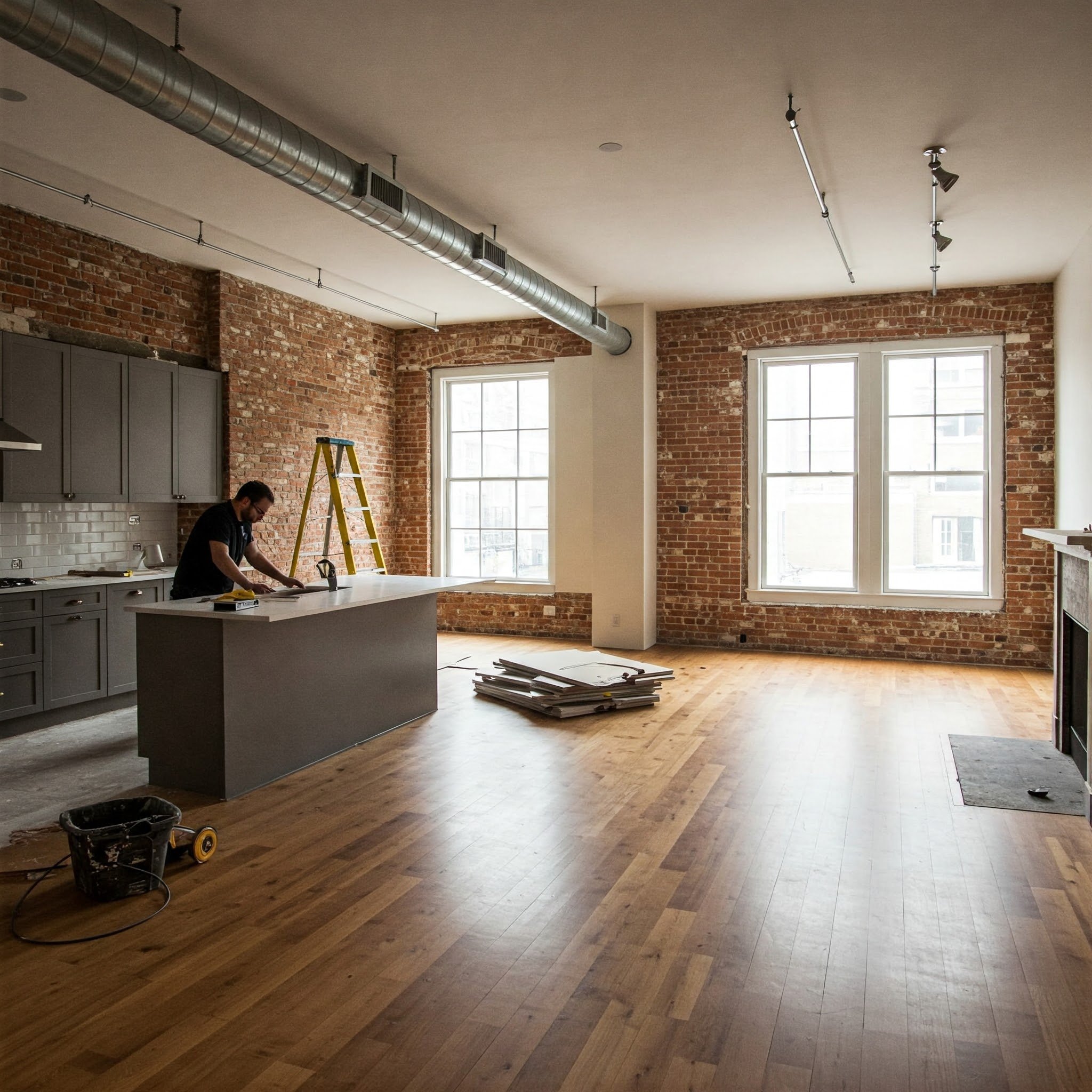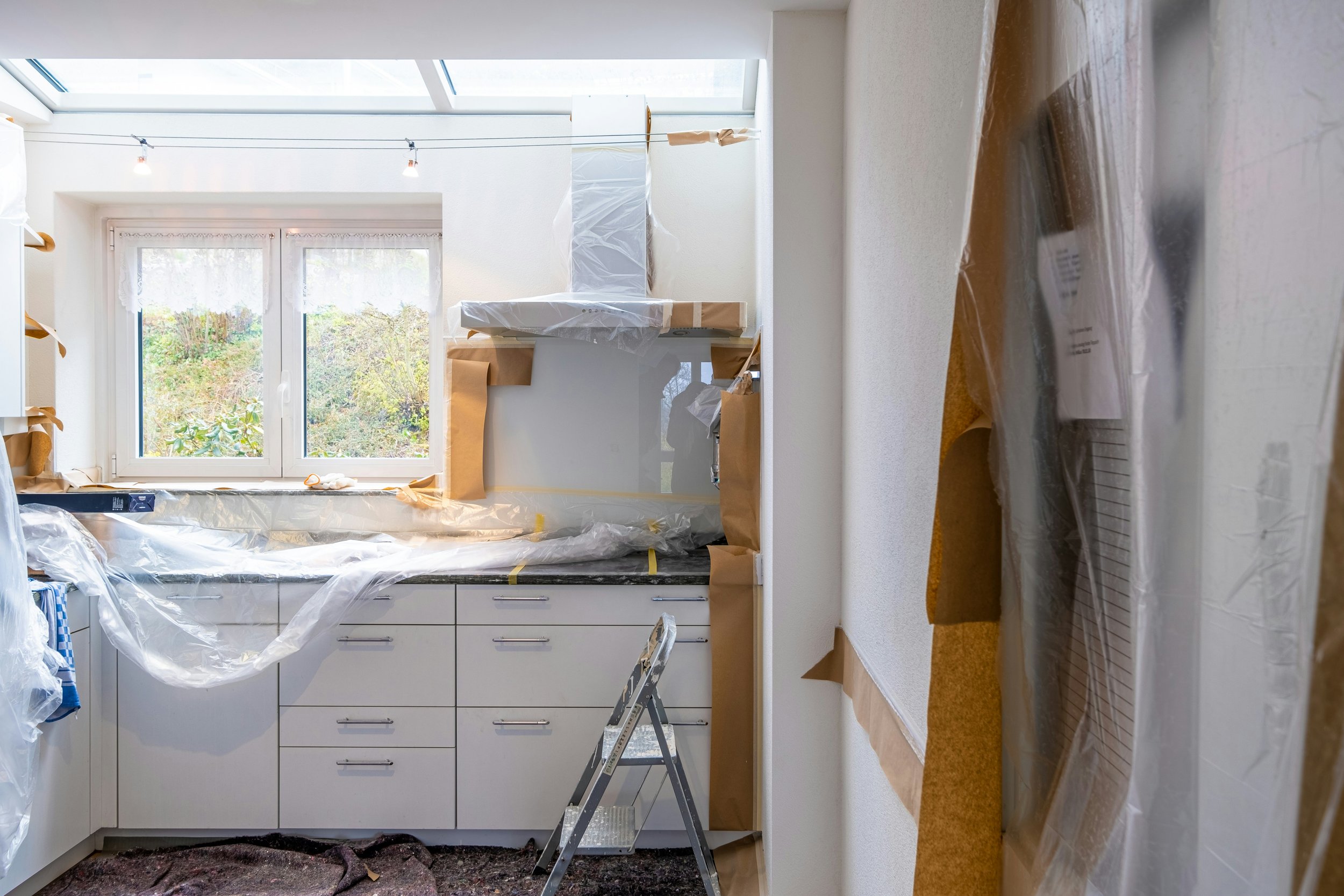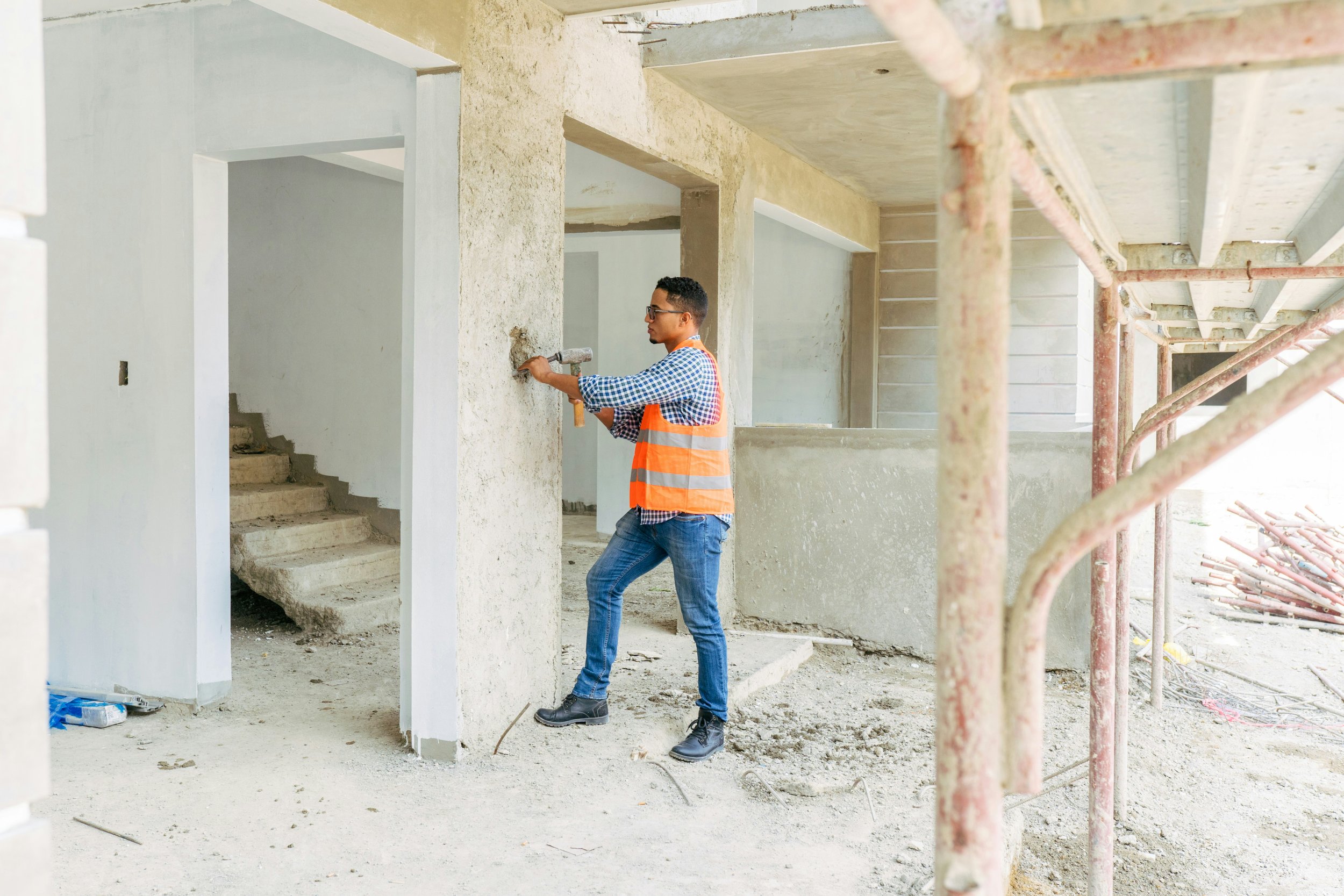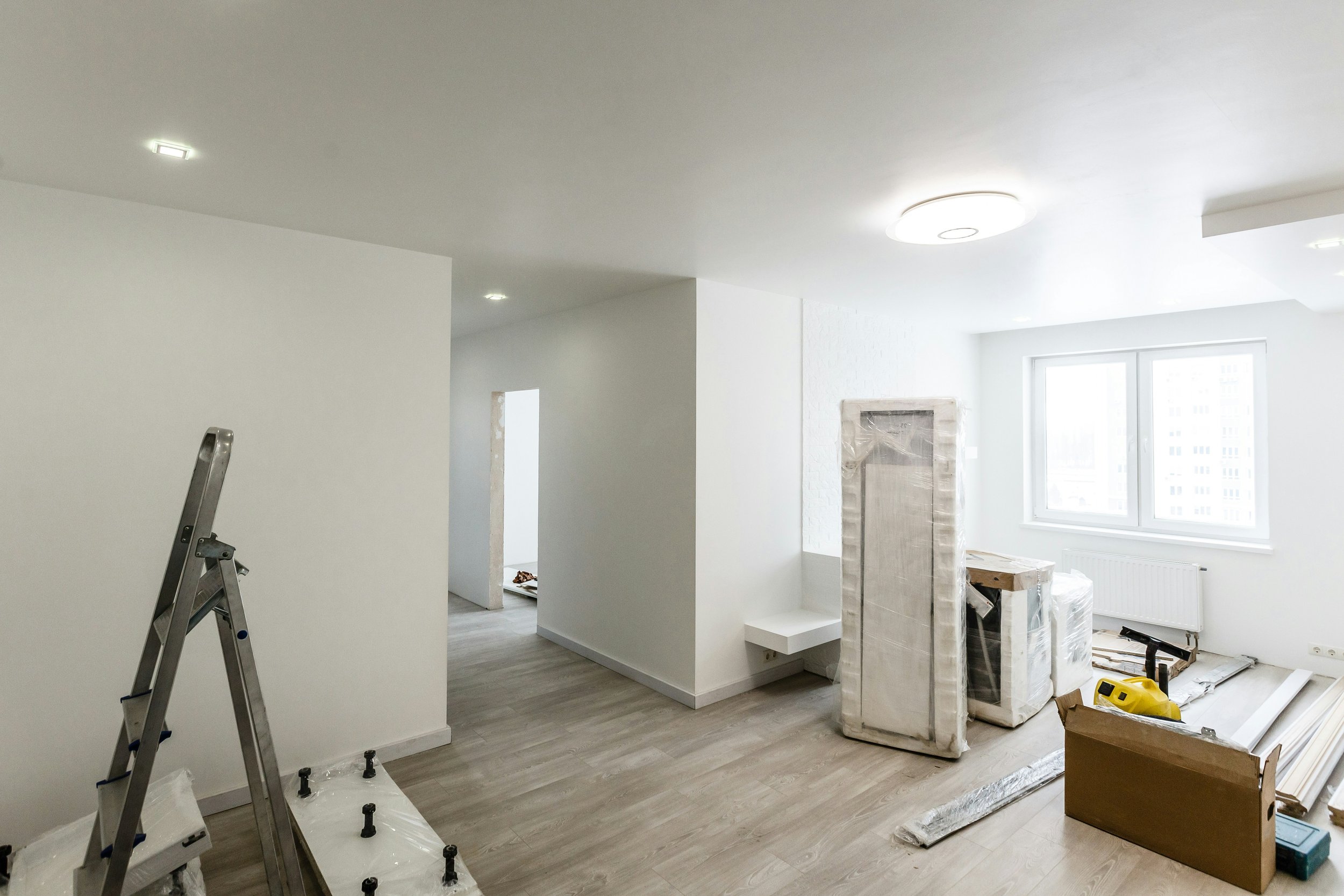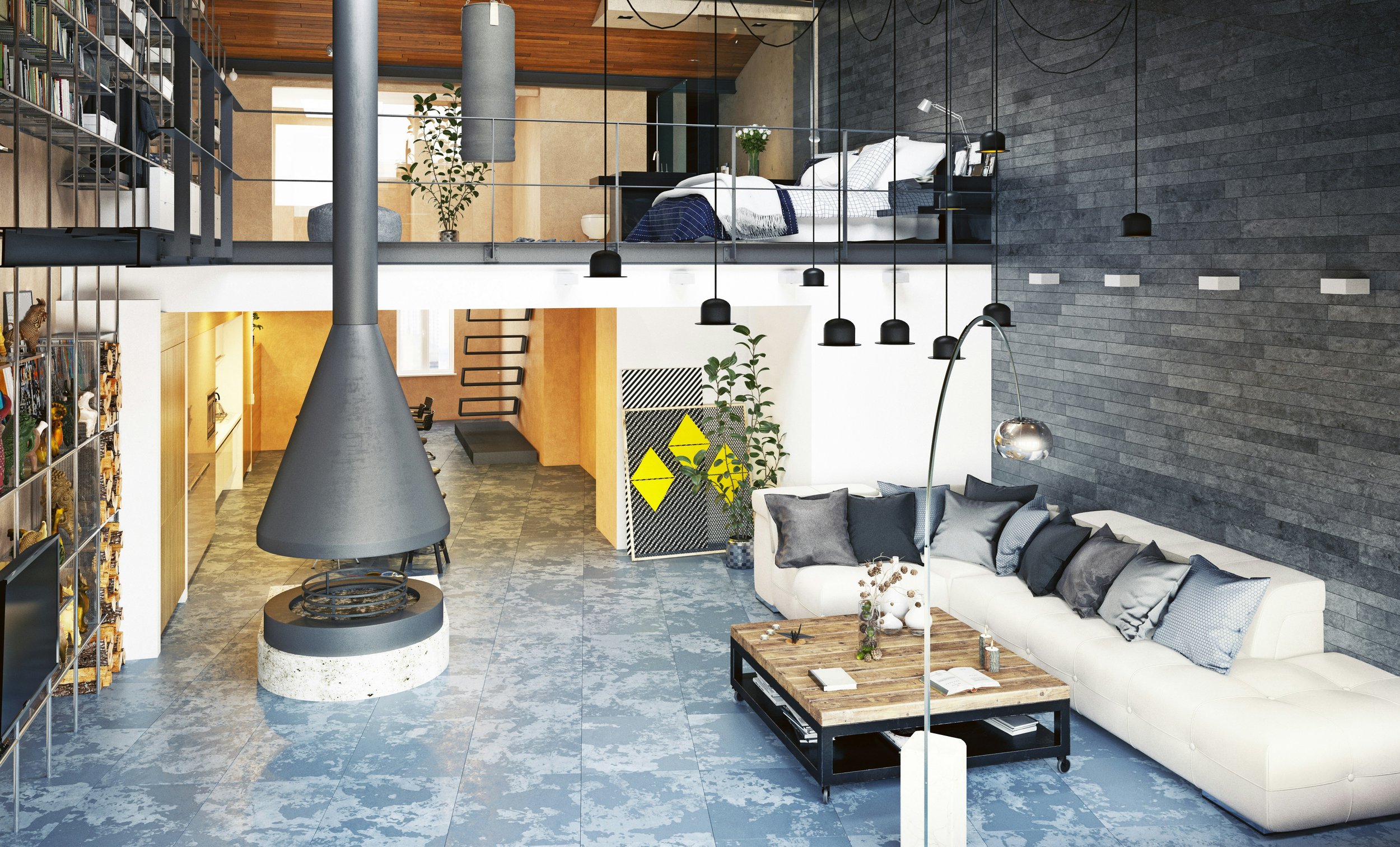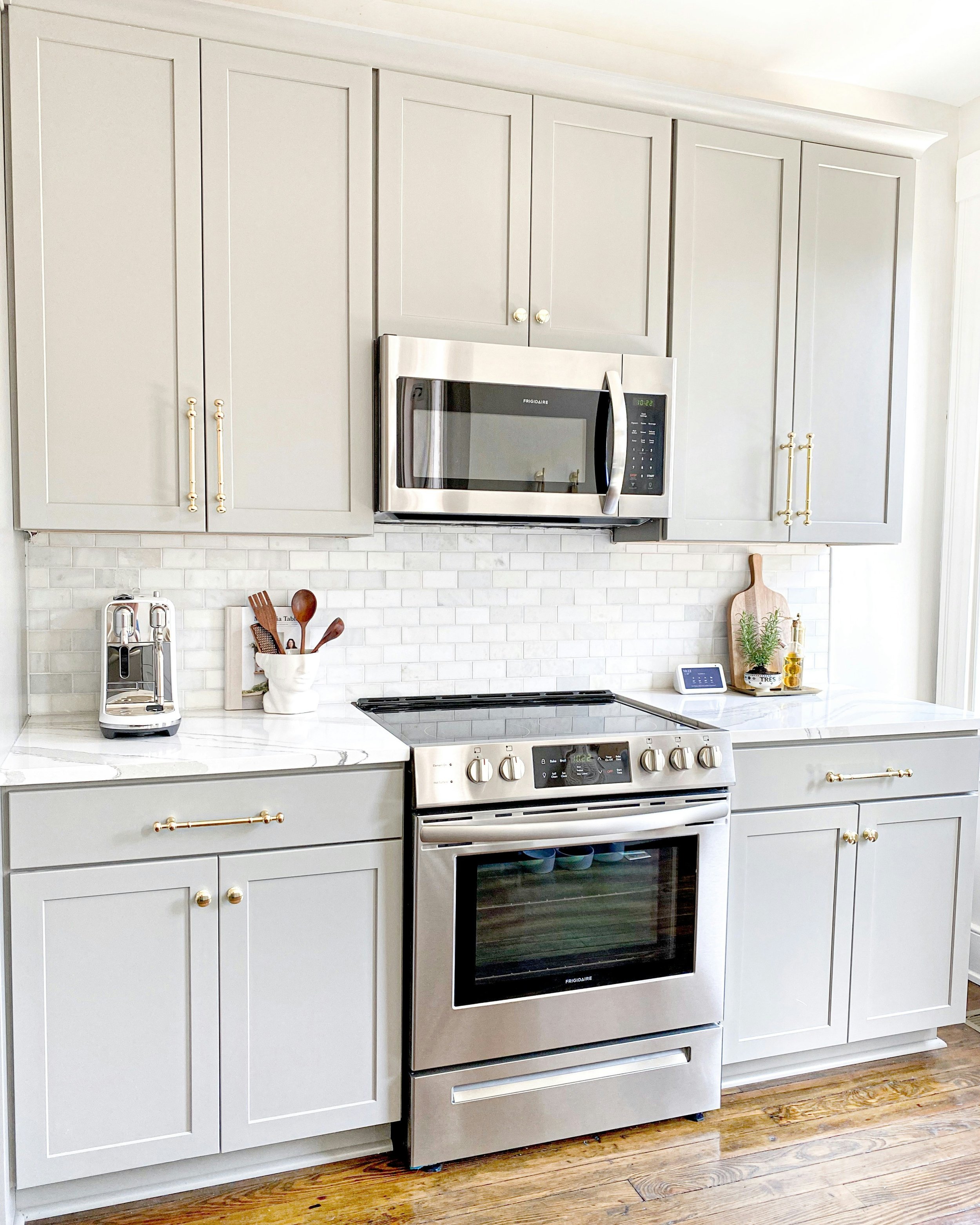Home Renovation Pitfalls to Avoid - Here are Some Expert Tips
Avoid common home renovation pitfalls with expert tips to ensure a smooth, successful project and achieve the results you desire.
Renovating your home can be an exciting adventure. You get to transform your space, inject your personality into every corner, and create the perfect environment for your family. However, the process is not without its challenges.
To help you navigate your renovation smoothly, we've gathered some expert tips on the common pitfalls to avoid!
Skipping the Planning Phase
Diving into a renovation project without proper planning is like setting off on a road trip without a map. It's crucial to start with a detailed plan that includes your budget, timeline, and the specific changes you want to make. Think about the functionality and flow of your space. Consult with professionals to ensure your ideas are feasible and won't cause structural issues.
An important aspect often overlooked is the impact of changes on your home's plumbing. If you're considering altering the kitchen or bathroom layout, make sure to assess the condition of your drains and sewers. Ignoring potential plumbing issues can lead to bigger problems down the line, such as clogs and backups. Companies like Beattie Home Services can help you address these concerns before they become major headaches.
Underestimating Costs
One of the most common mistakes homeowners make is underestimating the cost of renovations. It’s easy to get caught up in the excitement of choosing new tiles, fixtures, and paint colors, but these costs add up quickly. Always budget for more than you think you’ll need. Hidden costs can arise from unexpected structural repairs, delays, or changes in the scope of the project.
Create a detailed budget that includes all aspects of the renovation, from materials and labor to permits and unexpected expenses. It's also wise to set aside a contingency fund—typically around 10-20% of your total budget—to cover any surprises.
Choosing the Wrong Contractor
Your contractor can make or break your renovation experience, so choosing wisely is essential. Start by doing thorough research. Ask friends and family for recommendations, and read online reviews to get a sense of each contractor's reputation. Don’t stop there—request references and actually contact them to ask about their experiences.
Meet with several contractors to discuss your project. This isn't just about getting quotes; it’s also about gauging their professionalism and how well they understand your vision. Look beyond the bottom line—experience, reliability, and communication skills are equally important. A good contractor will be transparent about costs and timelines, communicative throughout the project, and willing to collaborate with you to achieve your renovation goals. This initial effort can save you a lot of stress and ensure a smoother renovation process.
Ignoring Building Permits
Skipping building permits might seem like a shortcut, but it’s a risk not worth taking. Permits ensure that your renovation complies with local building codes and safety standards, protecting both you and your investment. Failing to obtain the necessary permits can lead to fines, legal complications, and significant issues when you try to sell your home.
Start by checking with your local building authority to determine what permits are required for your specific project. Your contractor should be well-versed in this area and can often handle the permitting process for you. However, make sure you verify that all permits are in place before any work begins. This step is crucial for avoiding future headaches and ensuring your renovation is up to code and legally sound.
Overlooking Small Details
The excitement of a renovation can sometimes make you overlook the small but important details. Things like outlet placement, light switch locations, and door swings may seem minor, but they significantly impact the functionality and comfort of your space. Take the time to think about how you use each room daily and what small adjustments can make a big difference.
For instance, consider the placement of kitchen outlets. Ensure there are enough and that they’re conveniently located for your appliances. Think about the height of bathroom fixtures, making sure they are comfortable for all household members. Don’t forget about adding extra storage in unexpected places, such as under staircases or in unused corners.
These small details contribute greatly to the overall success and enjoyment of your renovation, making your home more functional and tailored to your needs.
Neglecting the Bigger Picture
While it’s easy to focus on aesthetic changes, don’t forget about the critical, less visible aspects of your home. Elements like electrical systems, plumbing, and structural integrity are vital and require attention during a renovation. Neglecting these can lead to severe problems and costly repairs in the future.
Ensure your renovation plan includes a thorough assessment of these systems. For example, upgrading old wiring can prevent potential fire hazards and improve energy efficiency. Addressing plumbing issues, such as replacing old pipes or fixing leaks, can save you from future water damage. Reinforcing structural elements ensures the stability and safety of your home.
By prioritizing these areas, you enhance your home’s safety, efficiency, and longevity, setting a solid foundation for your beautiful new space.
Compromising on Quality
In an attempt to save money, you might be tempted to choose cheaper materials or cut corners on labor. However, compromising on quality can lead to disappointing results and more expenses in the long run. High-quality materials and skilled labor are worth the investment.
Quality materials are more durable and can add value to your home. Skilled professionals can ensure that the work is done correctly, preventing issues that might arise from shoddy craftsmanship. Aim for the best quality you can afford within your budget.
Rushing the Timeline
Renovations take time, and rushing the process can lead to mistakes and subpar results. Be realistic about how long the project will take and plan accordingly. A well-paced renovation allows for better decision-making, attention to detail, and fewer mistakes.
Discuss the timeline with your contractor and set milestones for each phase of the project. Allow extra time for unforeseen delays, such as supply chain issues or unexpected repairs. Patience is key to achieving a successful renovation.
Poor Communication
Clear communication with your contractor, designers, and any other professionals involved in your renovation is essential. Misunderstandings can lead to mistakes, delays, and added costs. Make sure everyone is on the same page regarding the project’s goals, timeline, and budget.
Regularly scheduled meetings or check-ins can help keep everyone informed and address any issues promptly. Don’t hesitate to ask questions or express concerns. Good communication ensures that your vision is accurately translated into reality.
Neglecting Future Needs
It’s easy to focus on immediate needs and desires when planning a renovation, but it’s also important to consider the future. Think about how your family might grow or change over time and how your renovated space can accommodate those changes.
For example, if you’re planning to stay in your home for many years, consider incorporating universal design principles. Features like wider doorways, lever handles, and step-free entrances can make your home more accessible as you age. Planning for the future ensures that your renovation remains functional and relevant for years to come.
Wrapping Up
Home renovations are an exciting opportunity to transform your living space, but they come with their share of pitfalls.
By avoiding these common mistakes and following expert tips, you can ensure a smoother, more successful renovation. Proper planning, budgeting, and communication are key to achieving the home of your dreams without unnecessary stress or expense.
And remember, addressing underlying issues like plumbing can prevent future headaches and keep your home in top shape.


